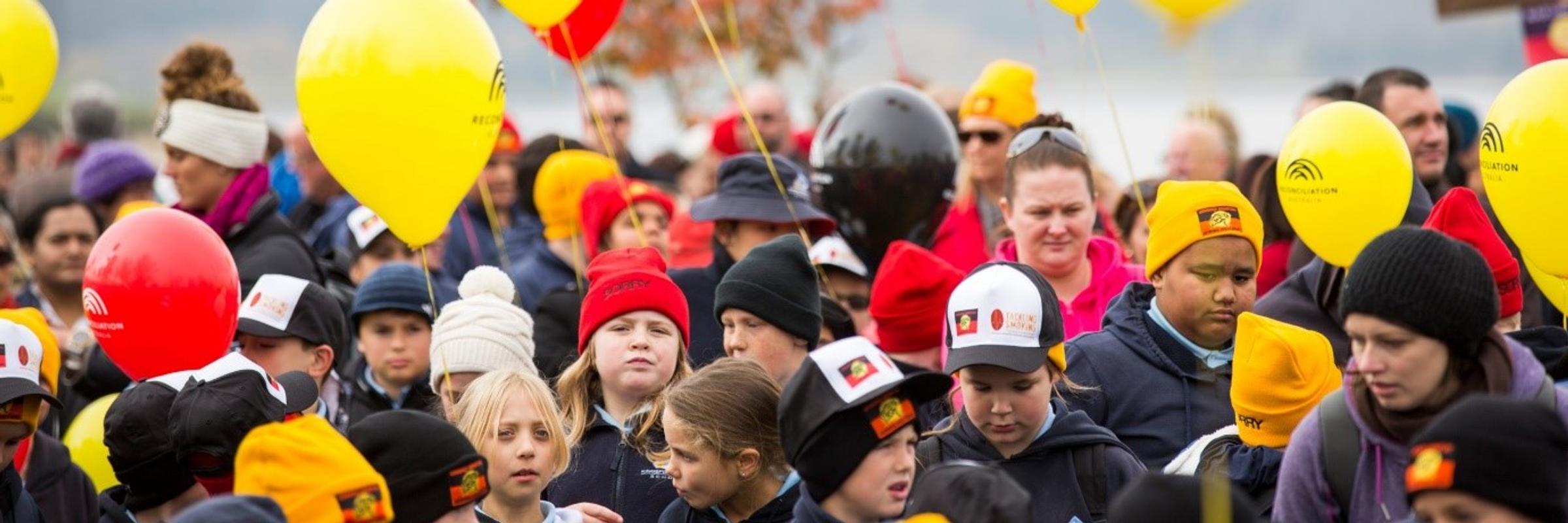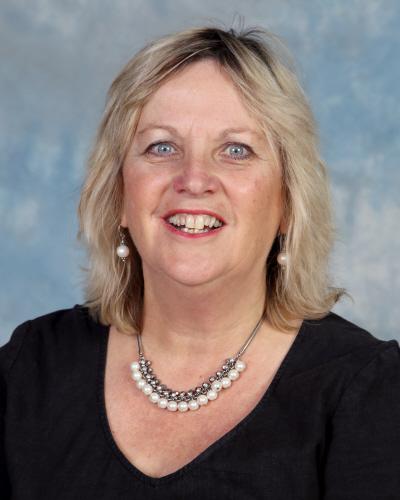Assistant Principal's Message

Maramba Vision
Providing a caring environment where aspirations are nurtured, positive relationships grow, success is celebrated and a passion for lifelong learning is ignited.
Nurture. Innovate. Celebrate.
Dear Students, Parents, Carers and Families,
National Sorry Day
More than a word. Reconciliation takes action.
Next week students will be learning about National Reconciliation Week and will have a better understanding of the Stolen Generation survivors. It is a time for all Australians to learn about their shared histories, cultures and achievements, and to explore how each of us can contribute to achieving reconciliation in Australia. The dates remain the same each year; 27th May to 3rd June. These dates commemorate two significant milestones in the reconciliation, including greater acknowledgement of Aboriginal and Torres Strait Islanders rights to land and sea; understanding of the impact of government policies and frontier conflicts; and an embracing of stories of indigenous success and contribution.
Today we work together to further that national journey towards a fully reconciled country. National Sorry Day is a very significant day for Australia’s Aboriginal and Torres Strait Islander Peoples, and particularly for Stolen Generations survivors. The idea of holding a ‘Sorry Day’ was first mentioned as one of the 54 recommendations of the Bringing them home Report, which was tabled in Parliament on 26 May 1997. This report was the result of a two year National Inquiry into the forcible removal and of Aboriginal and Torres Strait Islander children from their families, communities and cultural identity. This removal and separation was carried out under Federal, State and Territory laws and policies from the 1800s to the 1970s.
The children who were removed are recognised today as the Stolen Generations. Many of the Stolen Generations alive today are parents and grandparents.
Almost every Aboriginal family (and some Torres Strait Islander families) today can identify the loss of family members due to the forcible removal policies.
The children who were removed and separated from their families grew up without an understanding of traditional knowledge and culture and without a sense of connection to the land and country where they were born. This disconnection from their families, ancestors, communities and culture has had a lasting and negative effect on the wellbeing and identity of Stolen Generations survivors, and has had an intergenerational impacts on their children and families. It is likely that these effects will continue into the future.
On 26 May 1998 the first Sorry Day was held in Sydney. It is now commemorated across Australia, with many schools and thousands of people participating in memorials and commemorative services and events, in honour of the Stolen Generations.
More about the word ‘sorry’
The word ‘sorry’ is used to express sorrow at the loss of a loved one by Aboriginal and Torres Strait Islander Peoples, usually when that person passes away. The term ‘Sorry Business’ is used to describe the process of laying a loved one to rest.
It is important to understand that when using the word ‘sorry’ in the context of the Stolen
Generations, the word represents the grief and loss experienced by the parents, families and communities of the children who were forcibly removed. Stolen Generations survivors themselves use the word ‘sorry’ when speaking of their loss as a result of their separation from their family, community, country and culture.
Kind regards,
Diane Morwood
Assistant Principal


